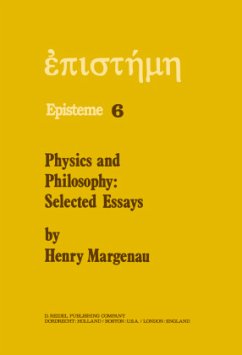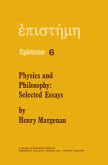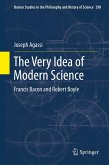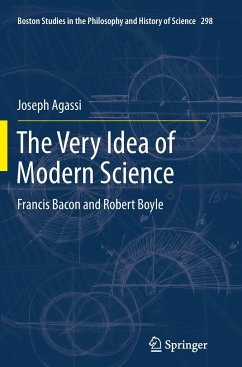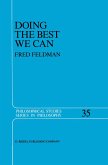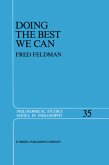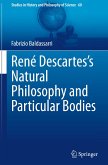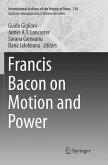This book is intended for people interested in physics and its philosophy. for those who regard physics as an essential component of modern culture rather than merely a tool for industry or war. Indeed this volume is addressed to those students, teachers and research workers who enjoy learning, teaching or doing physics, and are in the habit of pausing once in a while to ponder over key physical concepts and hypotheses and to wonder whether received theories are as perfect as textbooks would have us believe and, if not, how they might be improved. Henry Margenau, recently retired from Yale University as Eugene Higgins Professor of Physics and Philosophy, is the most important philosopher of physics of his generation, and indeed one of the most eminent philosophers of science of our century. He introduced and elucidated the notion of the correspondence rule. He claimed and showed, in the heyday of positivism, that physics has metaphysical presuppositions. He was the first to realize that quantum mechanics can do without von Neumann's projection postulat- and that was as far back as 1936. He clarified the physics and the philosophy of Pauli's exclusion principle at a time when it seemed mysterious. He was the first physicist to publish a philosophical paper in a physics journal, which he did as early as 1941. He was also one of the rare scientists who proclaimed the need for a scientific approach to value theory and ethics.

